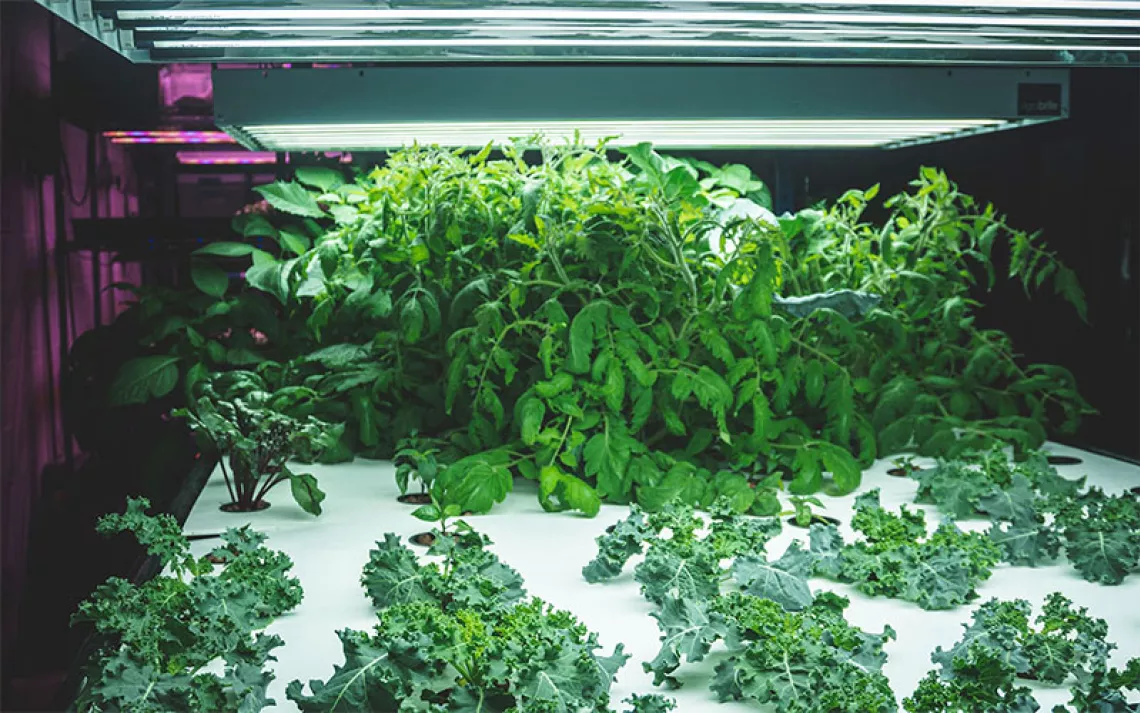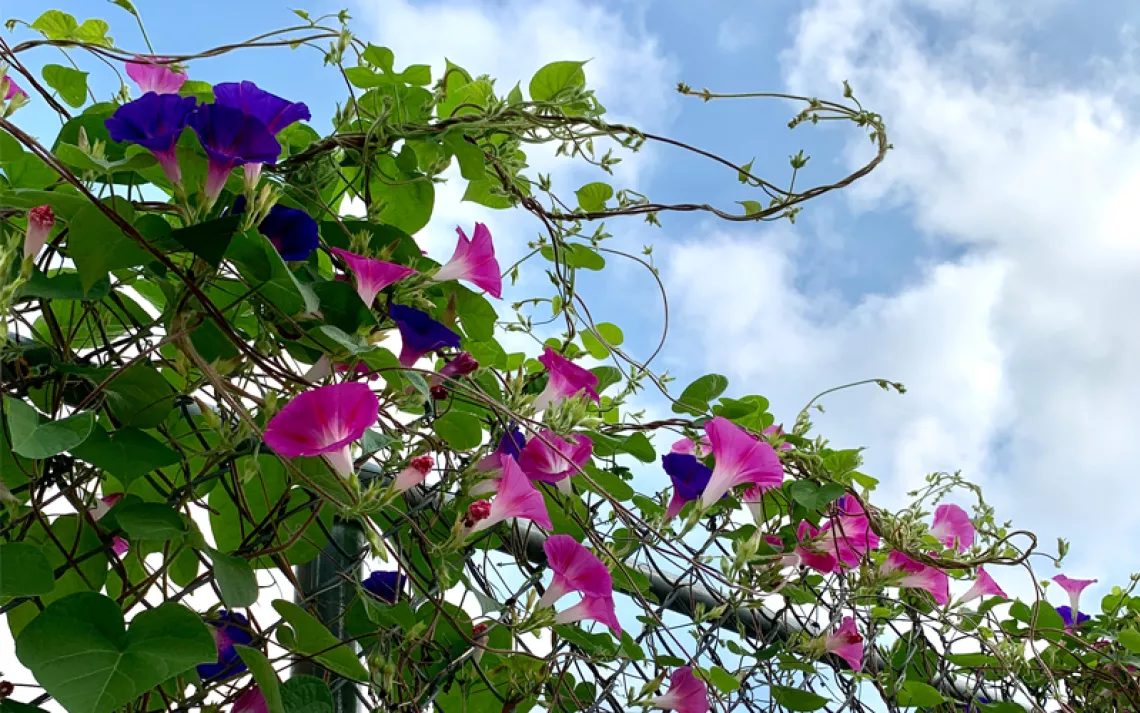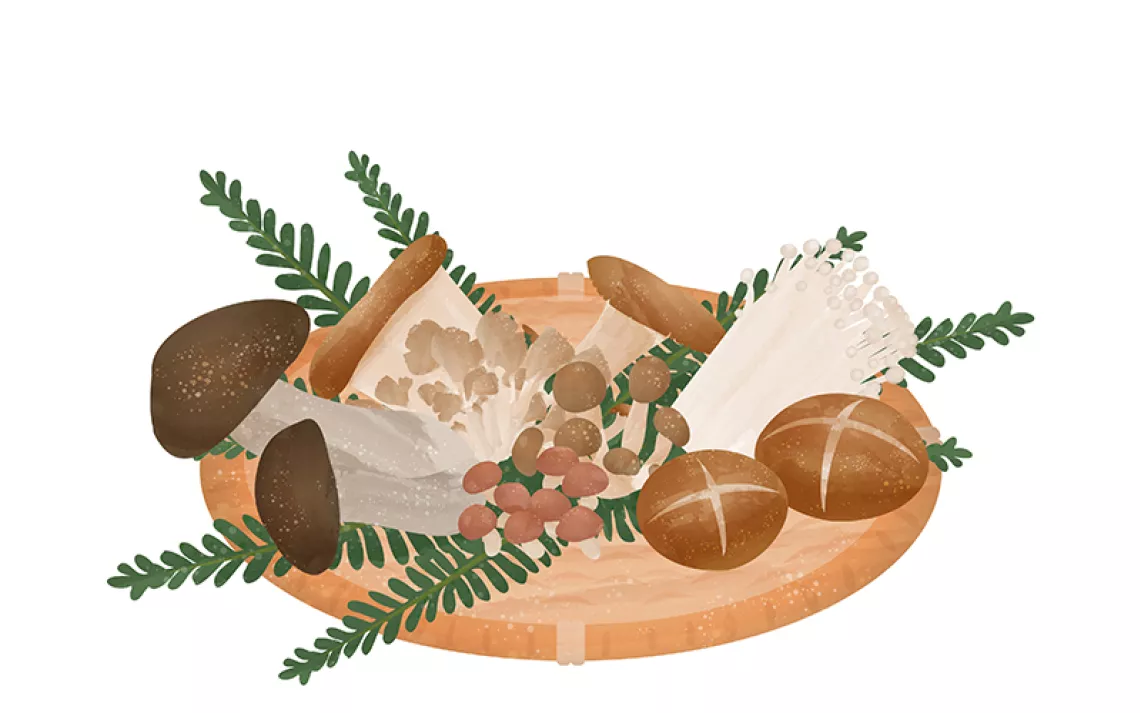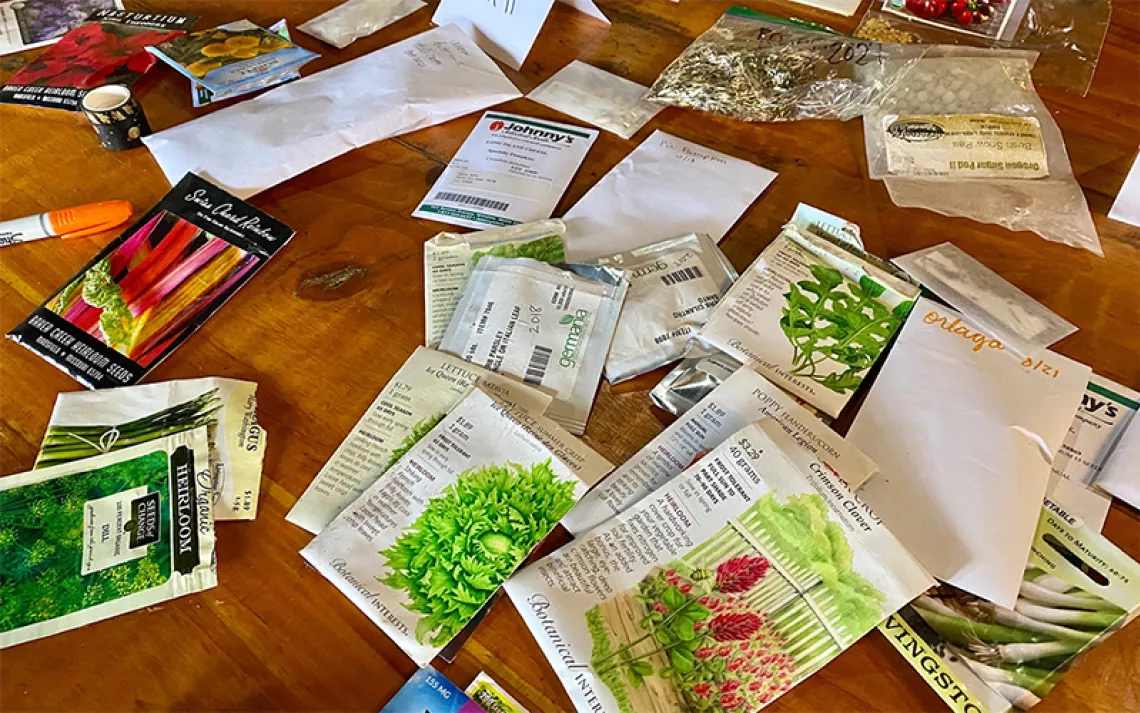Hey Mr. Green, How Can I Compost in an Urban Area?
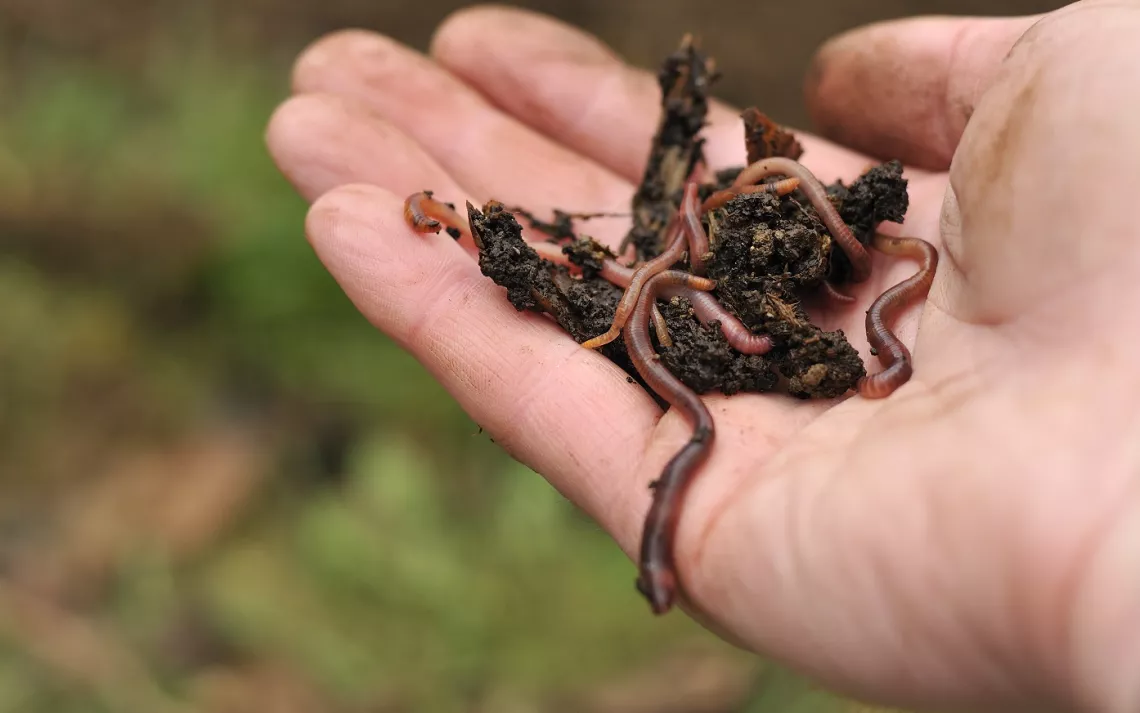
Photo by iStock/GordonHeeley
Hey Mr. Green,
Is there a way for those of us who live in urban areas to compost? Many of the smaller composting bins seem to have various problems from general construction and durability to poor seals that create prime nesting ground for flies. Do you have any recommendations?
—Neil, in Chicago
Your best bet is a worm composter, which is a fairly small container (about, 2’ X 18” X 18”) in which you put earthworms and compostable material, i.e., food waste, and let the worms eat, digest, and excrete it as tiny, soil-like chunks politely known as “worm castings.” These composting devices are so sensible that, in my opinion, they should be considered standard household equipment, like your washing machine, stove, or sink.
Of course, the immediate reaction to this brilliant proposal is usually “Ee-eww, that’s hella yucky and unsanitary.” But these worms are not unsanitary, and arguably among the most competent sanitation workers on Earth. Not the kind that drill into your innards or infect you with diseases with exotic long names, they are the same friendly fellows who have baited fish hooks for thousands of years.
All kinds of worm composters and the right kind of worms themselves are available online, but if the composters seem too pricey, you can make your own from two ordinary 8 or 10-gallon plastic storage boxes, provided they are opaque, since worms are light-averse. Washington State University has a good instruction for making these here.
If you’re still not convinced, remember the great Charles Darwin’s passionate interest in earthworms, having published an article about them early in his illustrious career, and capping it off with his last book, The Formation of Vegetable Mould through the Action of Worms, with Observations of their Habits. He kept scads of them in his own home without apparent damage to him or his offspring. Among his praises of the earthworm, “It may be doubted whether there are many other animals which have played so important a part in the history of the world as these lowly organised creatures.” This is because, as the title indicates, and as he observed in experiments, worms help make the very soil on which we depend for survival.—Bob Schildgen
 The Magazine of The Sierra Club
The Magazine of The Sierra Club
